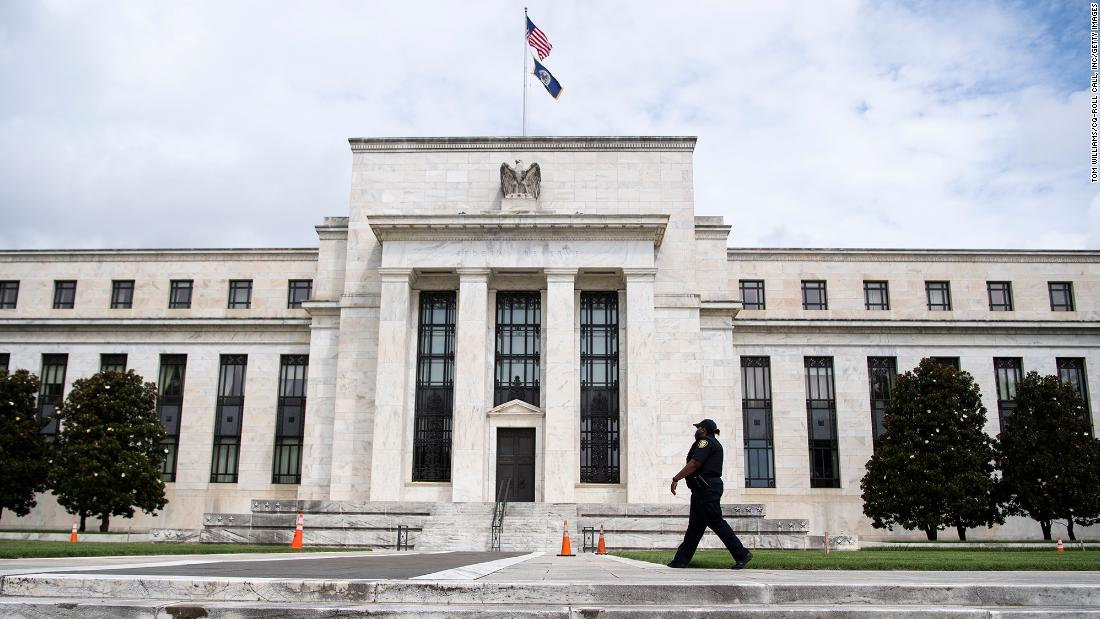
Why the Fed is about to stop the party on Wall Street (and what it means for you)
CNN
It's basically official at this point: The Federal Reserve will soon wind down its pandemic-era stimulus measures, a process Wall Street nerds call "tapering." But what, exactly, does that mean? And why does it put investors on edge?
The short answer: Money is essentially free now, thanks to the Fed's double-barrel shotgun approach to economic stimulus — interest rates near zero and a massive investment in bonds that keeps yields near rock-bottom. If the Fed eases off the stimulus pedal, borrowing could grow more expensive, making businesses pay more, which means less profit which means Wall Street is sad. For a more in-depth answer, read on!
A typical 401(k) plan only offers stock and bond funds that invest in publicly traded companies. But private companies — traditionally the domain of institutional and high-net-worth investors — have become a significant part of the overall investing market. Do they belong as an option in workplace retirement plans, given that they are often more expensive and less transparent than publicly traded securities?

President Donald Trump’s attacks on Federal Reserve Chair Jerome Powell are so commonplace at this point that they barely register in financial markets these days. The rapidly intensifying multi-pronged efforts by Trump’s advisers to amplify and expand on Trump’s attacks are a good reason to rethink that indifference.

 Run 3 Space | Play Space Running Game
Run 3 Space | Play Space Running Game Traffic Jam 3D | Online Racing Game
Traffic Jam 3D | Online Racing Game Duck Hunt | Play Old Classic Game
Duck Hunt | Play Old Classic Game









